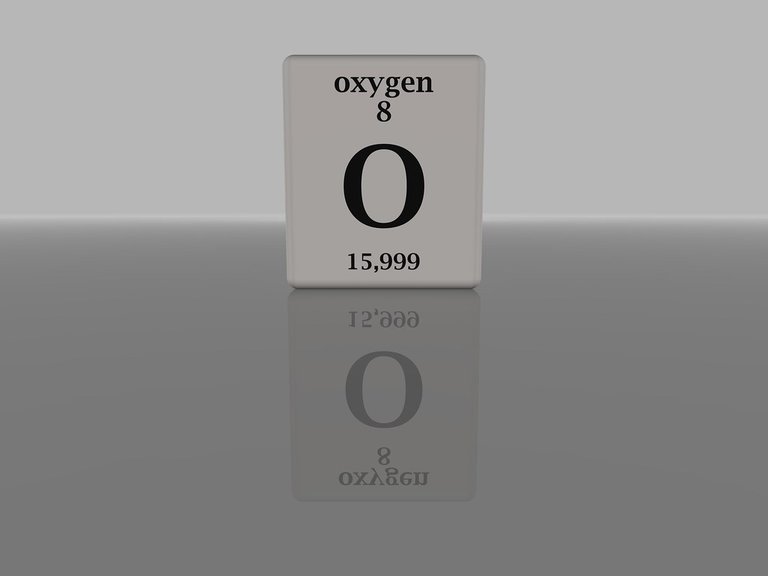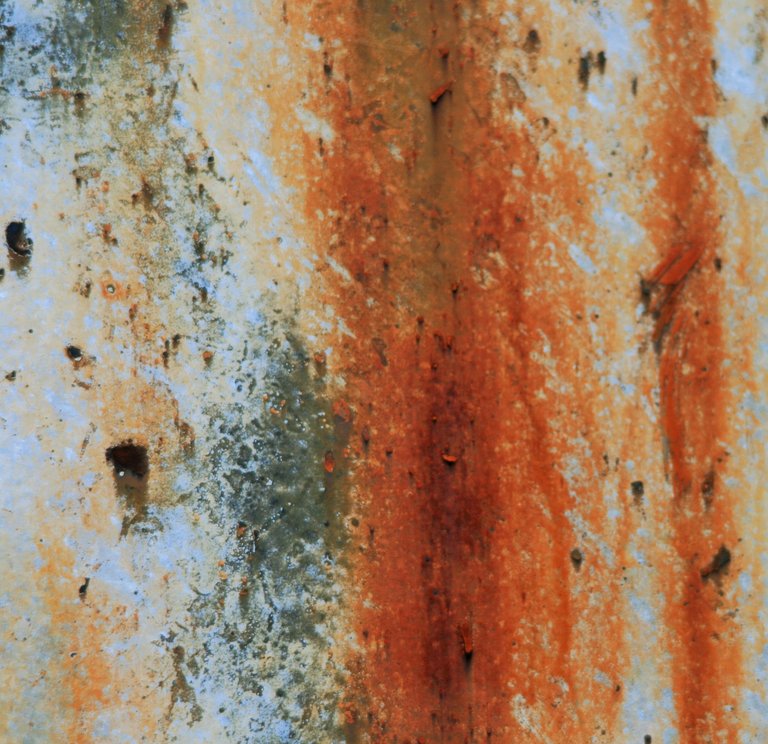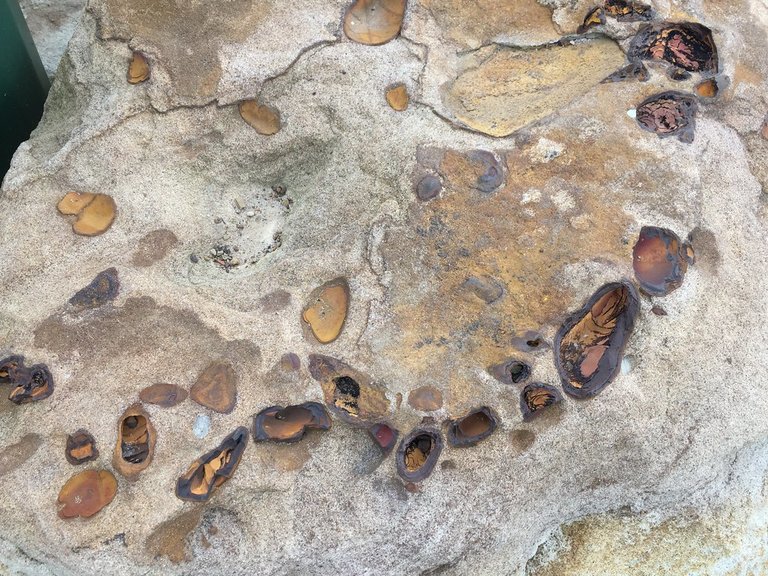We all love oxygen but if I ask you why you love it perhaps the big reason you will give is that it keeps us alive which is true until we find otherwise because up till date, we are told that oxygen is needed by all animals to survive while plant required carbon dioxide to live. Just like oxygen helps fire to burn, so does it help us to live so we could say we are a living combustion.
Our atmosphere is made up of 20% oxygen with the majority of our air being Nitrogen and other trace gases but that 20% oxygen is needed by all members of the kingdom animalia to power our cells where we breath in and the blood absorbs oxygen via the lungs to the cells and we release carbon dioxide as byproduct which plants uses for their survival. 20% of the oxygen in our atmospher is produced by this tiny bacteria called Prochlorococcus which lives in oceasns and scientist even suggest that about 80% of the oxygen in our atmosphere was created in the ocean.
Majority of the oxygen in our atmosphere comes from photosynthesis where plant breath out oxygen and breath in carbon dioxide and vice versa which makes the oxygen cycle which is interconected to the carbon cycle. Sunlight hitting water vapor can also release oxygen when hydrogen and oxygen is splitted from H2O molecule.
It isn't like the earth always had oxygen at least it didn't have until 2.2 billion years ago and the oxygen was only sufficient to support life form some 600 million years ago compared to the earth which is 4.543 billion years old. As good as oxygen is for us and as important as it is to support life form, you must have seen situations were oxygen didn't do a good job but rather a bad one for instance rust of metals and browning of fruits and it does this through a process known as oxidation. Rust in Iron is just about iron that has been oxidized by oxygen which is an example of corrosion where the electrons in the iron are freed as a result of oxygen.
Oxygen is one element that follows the octet rule of having 8 electron in its outermost shell although it has only 6 electron in it. So for it to complete its outermost shell, it would combine with electron-donating atoms such as hydrogen which is still useful for us in turning sugar into energy during respiration.
In all this, Oxygen about 2% of the time can become unstable and be a free radical that would bond with anything it finds around which can be fats in the cell membrane, proteins in the red blood cells, and our DNA thereby changing the chemical structures of these compounds, molecule, and things which can then damage them because the immune system identifies them as foreign and attacks them.
When Cell membranes are oxidized, they become stiff as a result of oxidative stress which can cause the cells to mutate and in the long run cause cancer. Scientists also believe that oxidative stress is an important factor when aging is concern but it isn't like free radicals are completely bad because our white blood cells use them to kill pathogens, but that's not all, our body use them in the signalling of cells and our body tries to keep the impact of free radicals be using antioxidants to reduce oxidative stress.
While oxygen cause a few bad stuff, it is still advisable to live with it because you cannot actually live without it.
Reference
https://www.sciencedirect.com/topics/medicine-and-dentistry/oxidative-stress
https://pmc.ncbi.nlm.nih.gov/articles/PMC98958/
https://pmc.ncbi.nlm.nih.gov/articles/PMC4496685/
https://pmc.ncbi.nlm.nih.gov/articles/PMC8698986/
https://pmc.ncbi.nlm.nih.gov/articles/PMC5193071/
https://pmc.ncbi.nlm.nih.gov/articles/PMC5551541/



Thanks for your contribution to the STEMsocial community. Feel free to join us on discord to get to know the rest of us!
Please consider delegating to the @stemsocial account (85% of the curation rewards are returned).
Thanks for including @stemsocial as a beneficiary, which gives you stronger support.